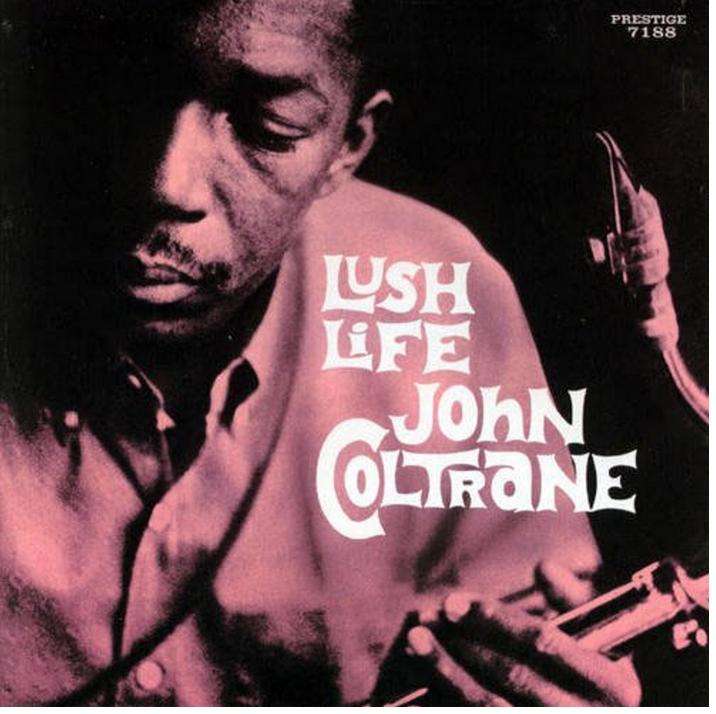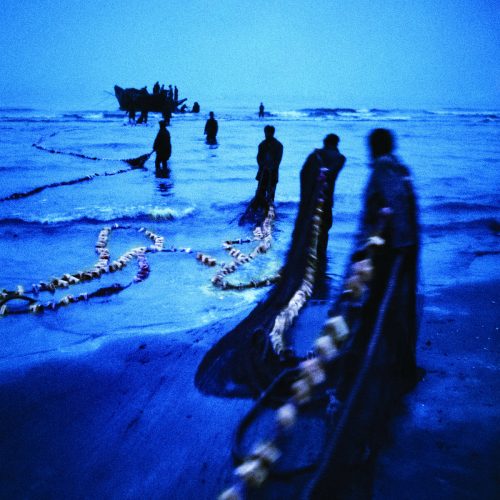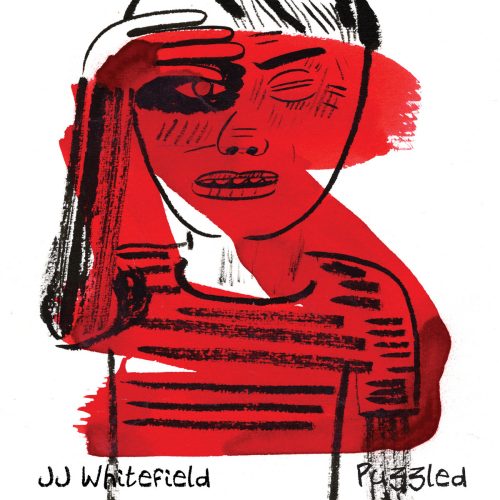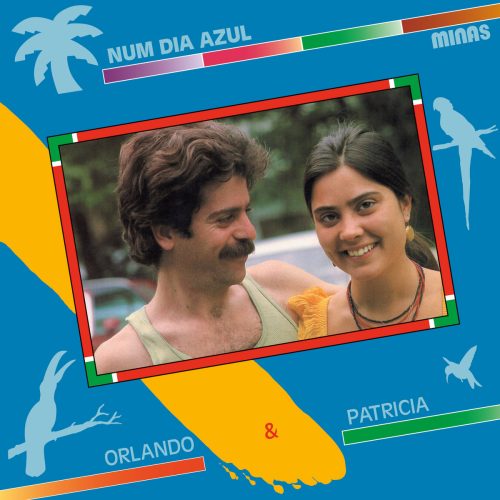Lush Life (Mono/33rpm Analogue Productions)
Label: Analogue Productions
Genre: Jazz
$59.99
Out of stock
Part of the ultimate audiophile Prestige mono reissues from Analogue Productions – 25 of the most collectible, rarest, most audiophile-sounding Rudy Van Gelder recordings ever made. All mastered from the original analog master tapes by mastering maestro Kevin Gray. 180-gram LPs pressed at state-of-the-art plant Quality Record Pressings and plated by Gary Salstrom. Deep groove label pressings, tip-on jackets on thick cardboard stock.
Here is one of the musical giants of the 20th century, poised on the precipice of greatness. Between the spring of 1957 and the winter of 1958, during which time Lush Life was recorded, the music of tenor saxophonist John Coltrane (1926-1967) was developing in giant steps, thanks in great part to a six-month 1957 stint with Thelonious Monk that had much to do with sharpening Coltrane’s harmonic conception and torrential attack.
Lush Life contains Coltrane’s first recordings as sole leader, his initial date fronting a pianoless trio, and one of his first extended readings of a ballad, Billy Strayhorn’s resplendent title track. We also hear him at the helm of a quartet and quintet, featuring pianist Red Garland, with trumpeter Donald Byrd, bassist Paul Chambers and drummer Louis Hayes added to “Lush Life.” Coltrane handles the tune’s delicate complexities with infinite style and finesse.
Coltrane and jazz would never be the same.
John Coltrane’s Prestige years began when he joined the Miles Davis Quintet in 1955. During the next few years, when he was either with Davis or the Thelonious Monk Quartet, he functioned as both leader and sideman for this label. These recordings document the first part of his relatively short but highly influential time in the spotlight.
Lush Life, a combination of standards and blues, treated in the unique Coltrane manner – sound wedded to material in a completely personal way – contains three tracks without a piano. This is the first time he recorded in this manner, other than when Monk was “strolling,” and it offers another aspect from, and of, Trane.






